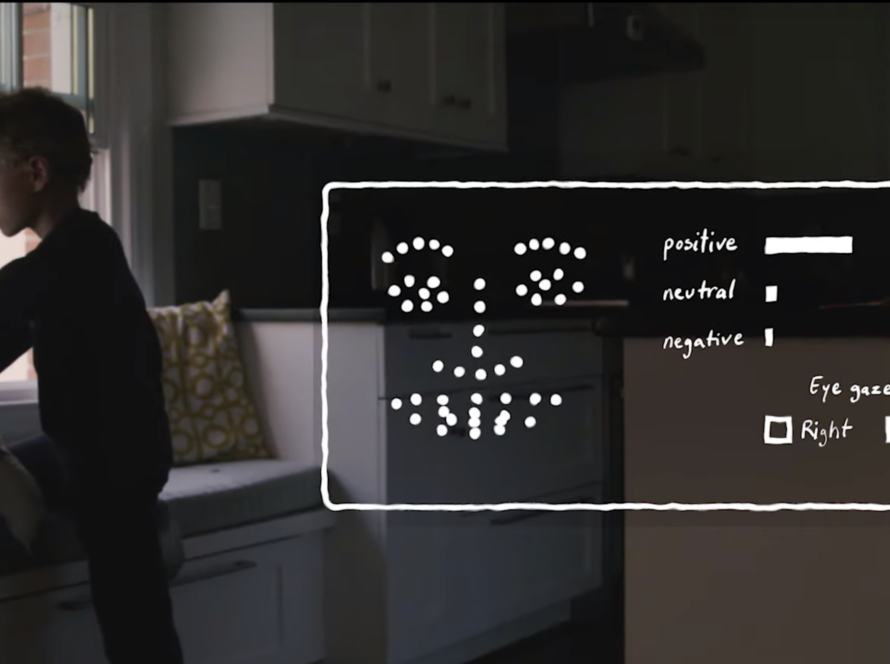Specialists of the University Hospital (HU) developed an immunosuppressive and autotransplant treatment of stem cells, with which they have managed to regenerate the necessary insulin hormone in patients with type 1 diabetes.
The treatment, prepared by the Department of Hematology and Endocrinology of the Hospital of the Autonomous University of Nuevo Leon (UANL), was published in the journal of the American Society of Endocrinology, one of the most relevant worldwide.
Diabetes mellitus is among the leading causes of death in Mexico, a situation that worries the health sector, since it is estimated that at least 15 percent of the Mexican population suffers from it, the experts said.
The coordinator of Education of the Service of Endocrinology of the HU, Fernando Lavalle González, expressed that “we do not say that the disease was cured, but that the cells go into remission”.
This “because the defect of the production of the antibodies has to do with the genetics and that we can not change it with the transplant, but we can get them to stop producing antibodies and this gives a break to the cells that produce insulin for to work again, “he said.
He explained that insulin is a hormone produced in the pancreas by beta cells, which is needed to mobilize blood sugar (glucose) to the cells and in people with type 1 diabetes the beta cells produce little or no insulin.
Without enough insulin, he cautioned, glucose builds up in the bloodstream instead of entering the cells, resulting in hyperglycemia, a situation that results in memory loss and seizures.
“We all relate that transplantation means taking lifelong medications to avoid rejection,” he said.
He stated that “this is an autotransplant, after chemotherapy they do not require any special treatment, nor drugs for life”.
For its part, the coordinator of the Hematopoietic Cell Transplant Program of the HU, Olga Cantú Rodríguez, explained that “the patient that can be subject to treatment must be a specific population”.
In addition, he continued, “he must have the diagnosis confirmation that he has type 1 diabetes, that he had a recent diagnosis, that evidences that the pancreas still has a potentially functional tissue.”
Type 1 diabetes, he said, can occur at any age, but it is diagnosed more frequently in children and adolescents, especially when they are 6 and 12 years old.
Although in other countries this treatment already exists, the HU is the first worldwide to perform it on an outpatient basis and with a cost reduction of up to 80 percent.

